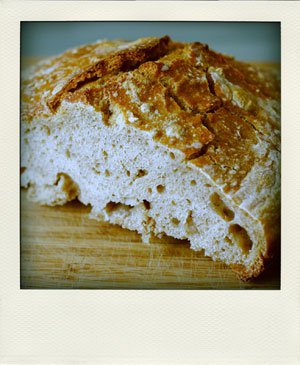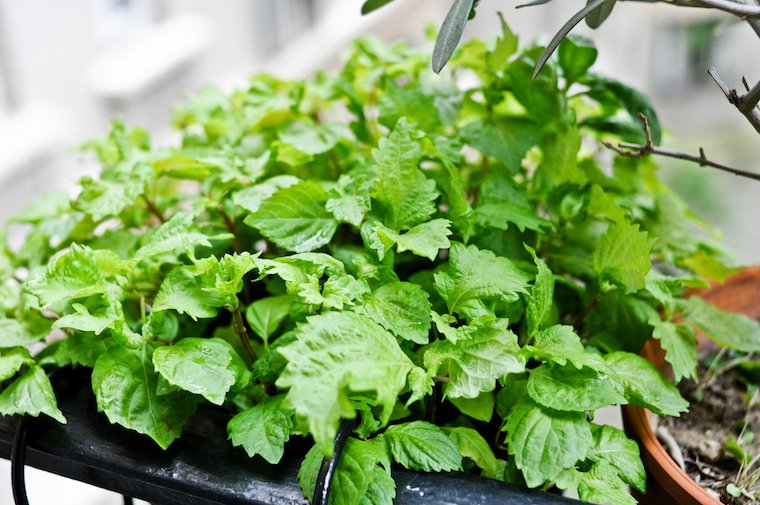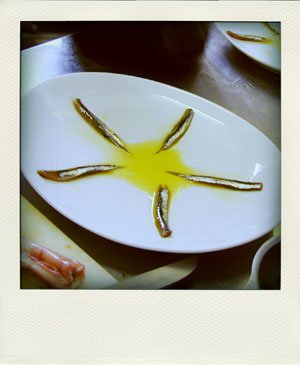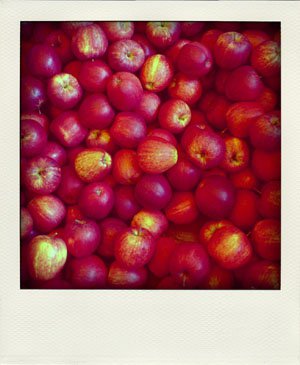As promised yesterday, when I announced the winners of the green kitchen tip contest, I have compiled a digest of the other submissions.
I want to thank you all for taking the time to share your tips. It was an exciting feeling to have all 288 of them pour into my inbox throughout the day, proving yet again how much you care about these issues, and how hard you try to minimize your impact on the environment.
I learned a lot, too, and I will work to incorporate as many of these habits as I can into my own kitchen routine. The good news is, green often equates frugal, so now is the perfect time to put them into practice.
Some of those tips may only make a small difference, one that might seem negligible in the eye of glass-half-empty people, but small differences add up, and the important thing is the mindset: once you start to consider your actions and your surroundings with environmentally-conscious spectacles, everything matters, regardless of scale.
I will add that those tips should all be taken with a grain of salt, and a whole shaker of common sense: depending on your personal situation, location, equipment, etc. the greener choice may not always be the one suggested here.
1. Buy Local and Seasonal
2. Reduce Food Waste
3. Reduce Packaging Waste
4. Reuse Packaging and Containers
5. Eat Fewer Animal Products
6. Grow Your Own
7. Compost
8. Avoid Using Disposable Paper and Plastic Products
9. Bring Your Own
10. Save Energy
11. Conserve Water
12. Use Natural Cleaning Products
13. Share
Continue reading »









